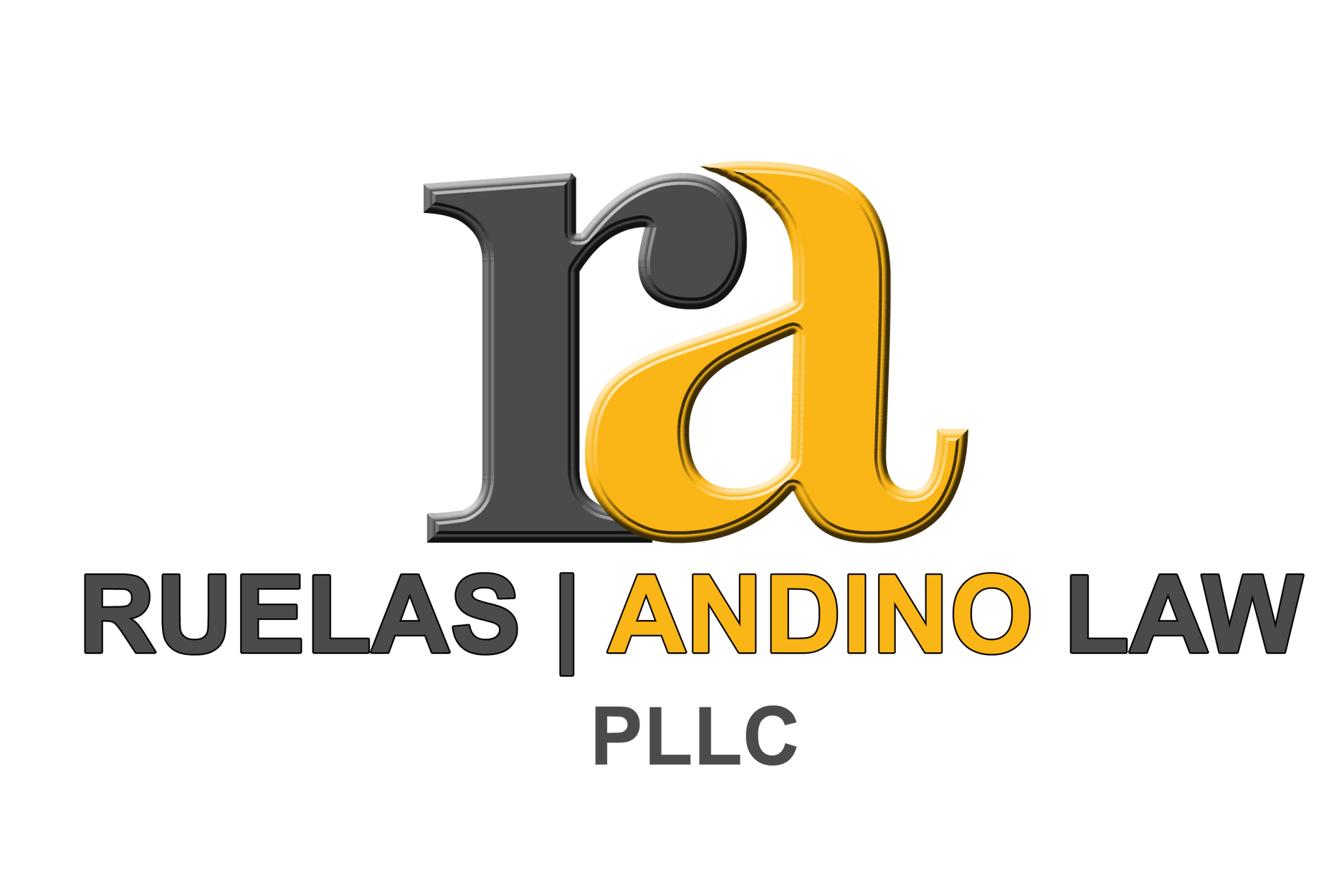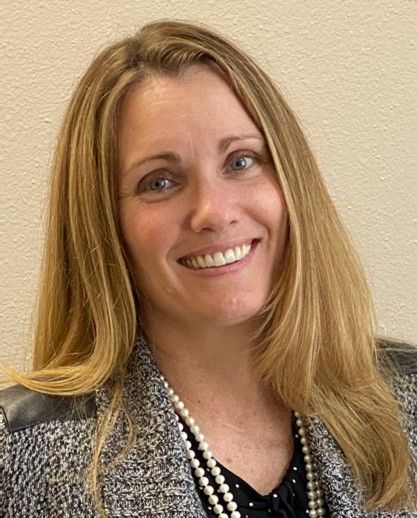Since receiving her license in 2017, Jennifer has been serving clients in Parker County and surrounding counties in the areas of Estate Planning, Probate, Guardianship, Business Entity Formation/Asset Protection, and Real Estate Law. She is passionate about risk mitigation and justice and strives to serve each of her clients with integrity and dedication to achieving her client's goals.
Client Login
×Why Millennials Need Estate Planning Too: It's Not Just for Retirees
Estate planning often conjures images of retirees meticulously dividing their assets among heirs. But this perception is outdated and potentially harmful, especially for one of the largest and most influential generations in history: millennials. Born between 1981 and 1996, millennials now range from their late 20s to early 40s and represent a significant portion of the global population.
According to the Pew Research Center, as of 2022, there are approximately 72.8 million millennials in the United States alone, surpassing Baby Boomers as the nation's largest adult generation. Globally, millennials account for around 23% of the world's population, or about 1.8 billion people. These numbers underscore the importance of addressing estate planning for this substantial demographic.
Despite their significant presence, a survey by Caring.com found that only 26% of millennials have a will or other estate planning document. This stark statistic reveals a concerning gap in financial preparedness among a generation that's rapidly approaching its prime earning years.
Millennials are at a unique stage in life. Many are advancing in their careers, with the oldest members of the generation entering executive roles and accumulating significant wealth. The Federal Reserve reports that millennials now control over $9 trillion in assets, a number that's expected to grow dramatically in the coming decades as they inherit wealth from older generations.
Yet, estate planning isn't solely about wealth distribution after death. For millennials, it's about making crucial decisions for their future and protecting their assets and loved ones in an increasingly complex world. From digital assets and entrepreneurial ventures to non-traditional family structures and mounting student loan debt, millennials face a unique set of challenges that make estate planning not just important, but essential.
Here, we’ll explore why estate planning is crucial for millennials and how they can get started, debunking the myth that it's a concern only for the elderly or the wealthy. We'll delve into the specific aspects of estate planning that are particularly relevant to this generation, offering insights and practical advice for securing their futures and legacies.
As we navigate through topics like digital asset management, protecting growing wealth, planning for unexpected events, and addressing the unique financial challenges faced by millennials, it will become clear that estate planning is not a task to be postponed. It's a vital step in taking control of one's future now, regardless of age or wealth status.
Let's explore why millennials need to prioritize estate planning and how they can begin this important process. Have you ever wondered, what is the best age to start planning for an estate? The answer is, if you’re an adult you should start the estate planning process now.
The Millennial Misconception
Many millennials believe they're too young for estate planning. They're wrong. Estate planning isn't solely about distributing wealth after death. It's about making important decisions for your future and protecting your assets and loved ones. Millennials face unique challenges that make estate planning particularly important.
Digital Assets: A New Frontier
Millennials are digital natives. They have significant online presences and digital assets. These include:
- Social media accounts
- Cryptocurrency holdings
- Online businesses
- Digital art and NFTs
Traditional estate planning often overlooks these assets. Without proper planning, your digital legacy could be lost or fall into the wrong hands. Use an estate planning attorney to make provisions for digital assets. This ensures your online presence is managed according to your wishes after you're gone.
Protecting Your Growing Wealth
Contrary to popular belief, millennials are accumulating wealth. They're advancing in their careers and starting businesses. Some are receiving inheritances from older generations. As your assets grow, so does the need to protect them. Estate planning allows you to:
- Designate beneficiaries for your assets
- Minimize tax burdens on your estate
- Protect your wealth from creditors
- Ensure your assets are distributed according to your wishes
Don't wait until you're "wealthy enough" to start planning. The sooner you begin, the more protected your growing assets will be.
Planning for the Unexpected
Life is unpredictable. Accidents and illnesses can happen at any age. Estate planning isn't just about planning for your death; it's about planning for incapacity too. This includes:
- Healthcare Directives: These specify your medical treatment preferences if you're unable to communicate them yourself.
- Financial Power of Attorney: This designates someone to make financial and legal decisions on your behalf if you're incapacitated.
- Medical Power of Attorney: This appoints a person to make medical decisions on your behalf if you're incapacitated.
- Declaration of Guardian: If there is ever a guardianship proceeding for you, this communicates your preferences to the court regarding who you want to be your guardian.
Without these documents, your family may face difficult decisions and legal hurdles if you become incapacitated. Estate planning gives you control over these crucial choices.
Protecting Your Family
Many millennials are starting families. If you have children or are planning to, estate planning becomes even more critical. It allows you to:
- Name legal guardians for your children in the event of your demise
- Set up trusts to manage assets for your children's benefit
- Ensure your children are financially provided for if something happens to you
Don't leave these important decisions to chance or to the courts. Take control through estate planning.
The Student Loan Factor
Millennials are burdened with unprecedented levels of student loan debt. This debt doesn't necessarily always disappear upon death. In some cases, depending on the type of loan, it can be passed on to co-signers or even spouses. Estate planning can help address this issue by:
- Ensuring life insurance policies are in place to cover outstanding debts
- Structuring assets to protect them from creditors
- Planning for the tax implications of student loan forgiveness
Don't let your student loans become a burden for your loved ones after you're gone.
Pets: More Than Just Animals
For many millennials, pets are family. Traditional estate planning often overlooks these furry (or scaly) friends. Modern estate planning can include provisions for pet care, ensuring your beloved companions are cared for if something happens to you. This can involve:
- Designating a caregiver for your pets
- Setting aside funds for their care
- Specifying your wishes for their future
Don't forget to include your pets in your estate planning considerations.
The Changing Face of Relationships
Millennials are redefining relationships. Many are choosing to cohabitate without marriage or are in same-sex partnerships. Traditional estate planning often fails to adequately protect unmarried partners. Without proper planning, your partner could be left with nothing if something happens to you. Estate planning allows you to:
- Ensure your partner has rights to shared property
- Designate your partner as a beneficiary on accounts and insurance policies
- Give your partner legal authority to make decisions on your behalf if needed
Take control over what happens to your partner and your shared life.
Business Considerations
Many millennials are entrepreneurs or freelancers. If you own a business, even a small one, estate planning is crucial. It allows you to:
- Plan for the succession or dissolution of your business
- Protect your personal assets from business liabilities
- Ensure your business partners or employees are taken care of
Don't let the business you've worked hard to build become a source of conflict or confusion for your loved ones.
The Digital Afterlife
In our increasingly digital world, estate planning must consider your online presence. This goes beyond just your digital assets. It includes:
- Instructions for managing your social media accounts after death
- Plans for your email accounts and digital communications
- Provisions for accessing password-protected devices and accounts
Without proper planning, your digital legacy could be lost forever or fall into the wrong hands.
Philanthropy and Legacy
Millennials are known for their social consciousness. Many want to leave a positive impact on the world. Estate planning can help you continue your philanthropic efforts even after you're gone. This can involve:
- Setting up charitable trusts
- Designating charitable beneficiaries in your will
- Creating a foundation to continue your philanthropic work
Estate planning allows you to leave a lasting legacy that aligns with your values.
The Cost of Procrastination
Many millennials put off estate planning due to perceived cost or complexity. But the cost of not having an estate plan can be far greater. Without proper planning:
- The courts may decide who gets your assets
- Your family may face hefty taxes and legal fees
- Your wishes for medical care may not be followed
- Guardianship over you children could be decided by the courts
The peace of mind that comes with proper estate planning is priceless.
Getting Started with Estate Planning
Estate planning doesn't have to be overwhelming. Here are some steps to get started:
- Take inventory of your assets, including digital assets
- Consider your goals and wishes
- Research estate planning options
- Consult with an estate planning attorney
- Create necessary documents (will, trusts, healthcare directives, etc.)
- Review and update your plan regularly
Remember, estate planning is not a one-time event. Your estate planning documents should be reviewed and updated as your life circumstances change.
Empowering Your Future
Estate planning isn't just for the wealthy or the elderly. It's a crucial step for millennials to protect their assets, their loved ones, and their futures. By taking control of your estate planning now, you're empowering yourself and ensuring your wishes are respected. Don't wait for tomorrow; start planning today. Your future self (and your loved ones) will thank you.
Disclaimer:
Ruelas Andino Law, PLLC makes no claims as to the accuracy of the information contained within the external links in this blog article nor does it endorse any of the businesses contained in the links. Information contained in this blog is for informational purposes only and may not be construed as legal advice.



